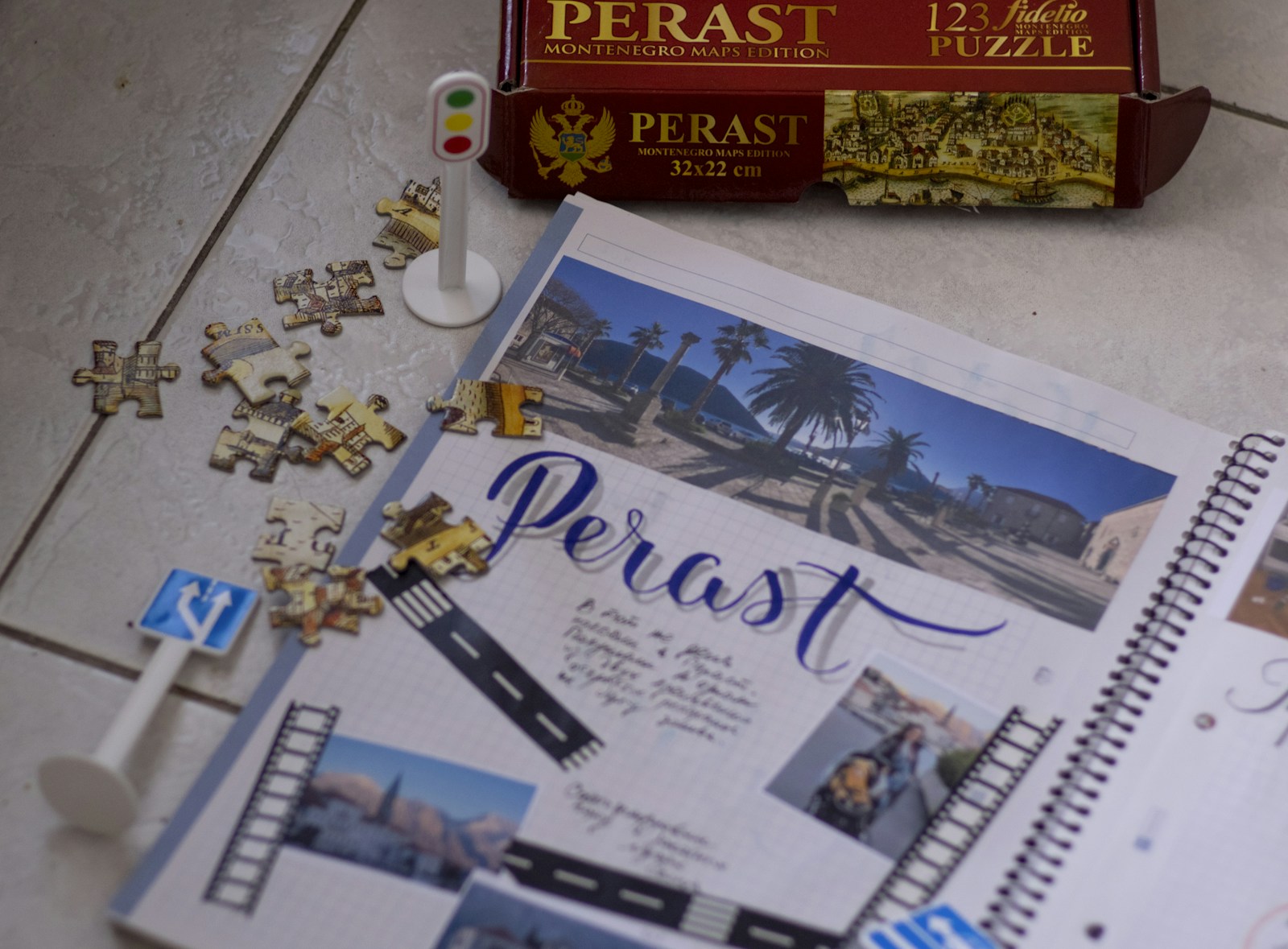
décrire

describe
The French word 'décrire' directly translates to 'describe' in English. It is primarily used in the same context, to give a detailed account or representation in words, of something such as a structure, experience, or process. Like in English, it can be used in a variety of contexts, encompassing physical descriptions, recounts of events or processes, or outlining concepts or ideas.
Example sentences using: décrire
Peux-tu décrire ta maison?

Can you describe your house?
This is a simple sentence asking someone to visually and verbally depict their house using descriptive language.
Je peux décrire la situation.

I can describe the situation.
The speaker is expressing their ability to explain and give details about a particular situation.
Il est difficile de décrire mes sentiments.

It is difficult to describe my feelings.
The speaker is expressing that their emotions are complicated and challenging to put into words.
Elle aime décrire les gens qu'elle rencontre.

She enjoys describing the people she meets.
This sentence suggests that the subject enjoys observing and talking about the different people she comes into contact with.
J'essaie de décrire la scène.

I am trying to describe the scene.
The speaker is attempting to give a verbal representation of a specific event or environment.
Pouvez-vous décrire l'incident?

Can you describe the incident?
Someone is asking for a detailed explanation about a particular event or situation.
Je vais décrire mon voyage en France.

I'm going to describe my trip to France.
The speaker is about to give a detailed account or description of their experiences from their journey to France.
Le poète décrira la beauté de la nature.

The poet will describe the beauty of nature.
This sentence suggests that the poet will use their words and creativity to depict the beauty and charm of nature.
Il est facile de décrire la joie que je ressens.

It's easy to describe the joy I feel.
This sentence declares that the speaker finds it simple to verbalize their happiness or joy.
Mon travail consiste à décrire les procédures.

My job involves describing procedures.
The person speaking is explaining that part of their job responsibilities includes outlining or explaining specific processes or methods.